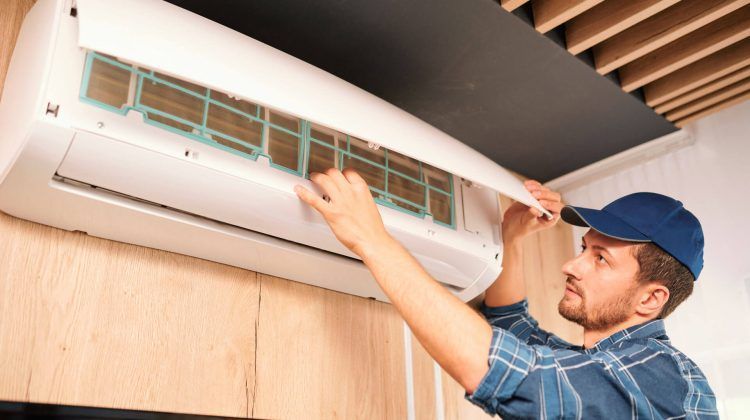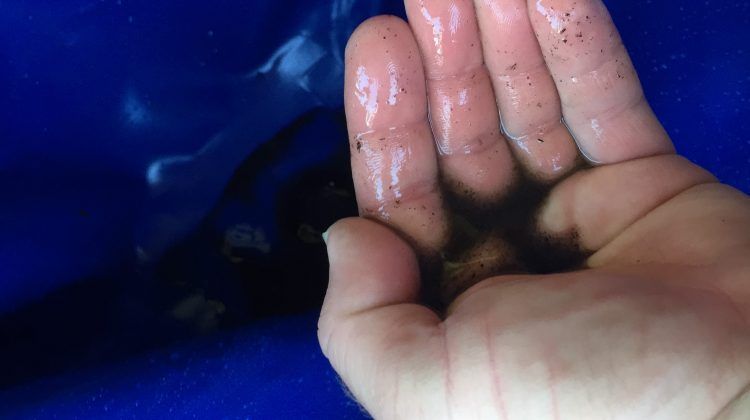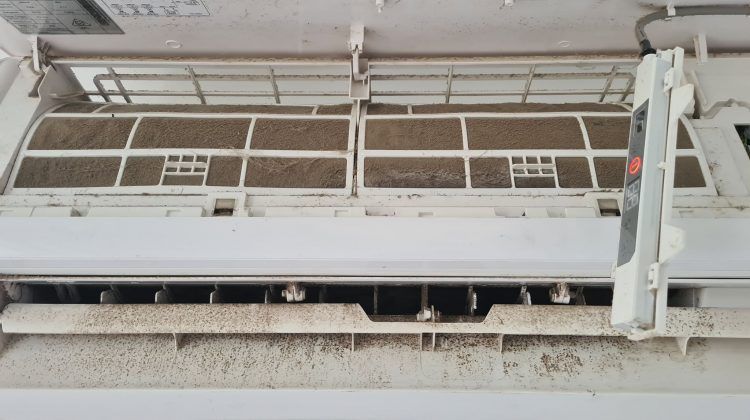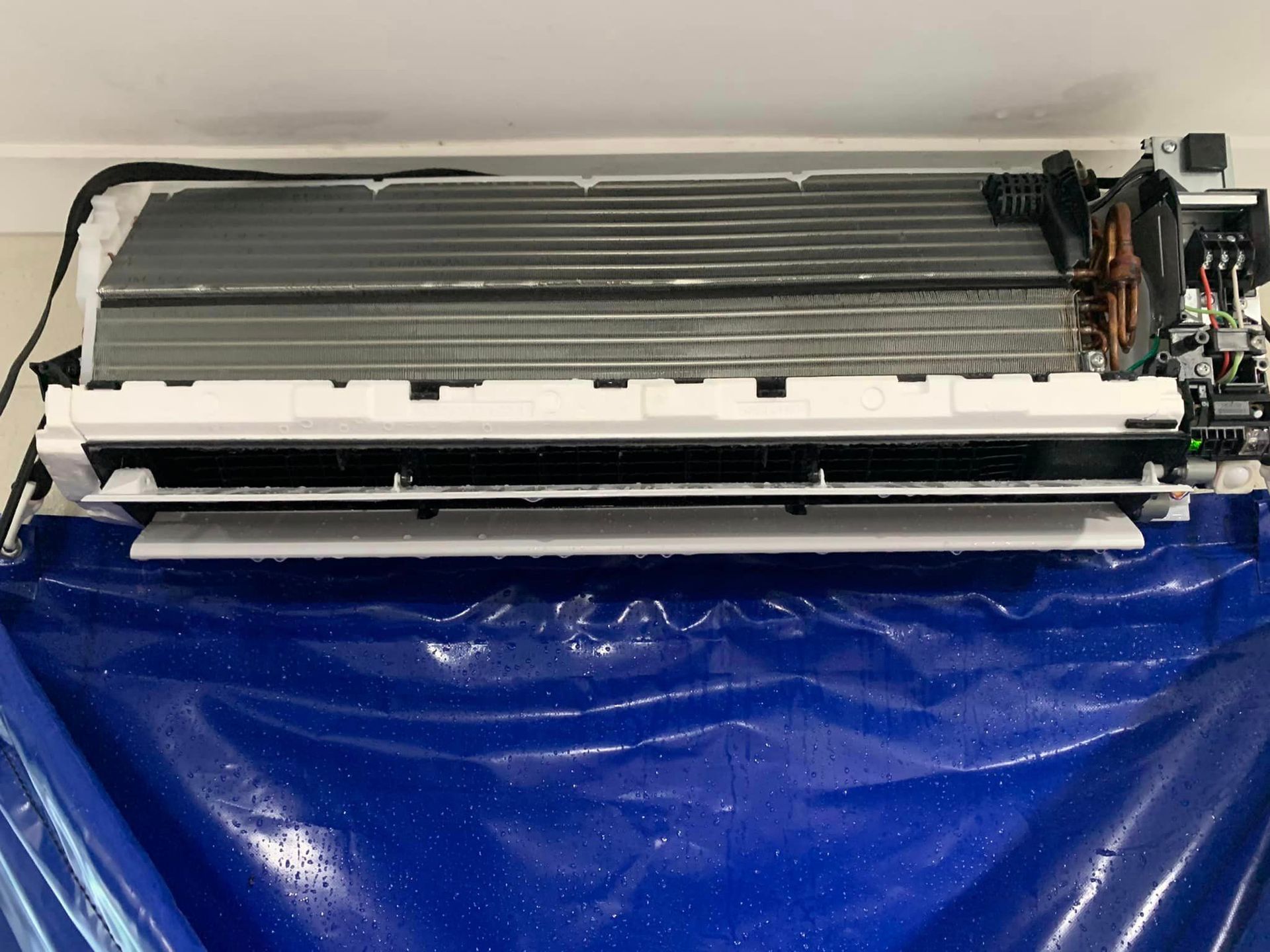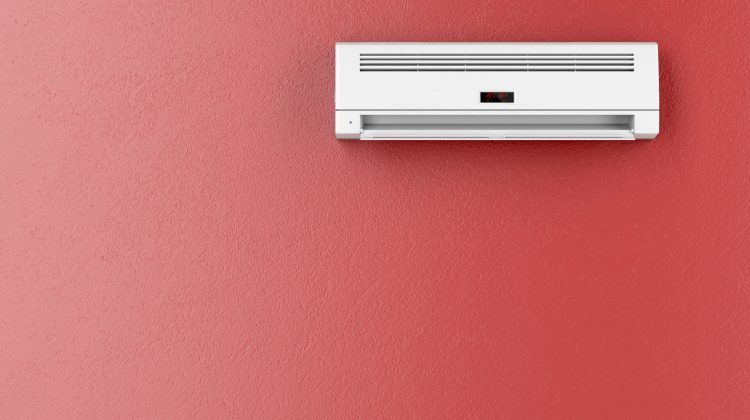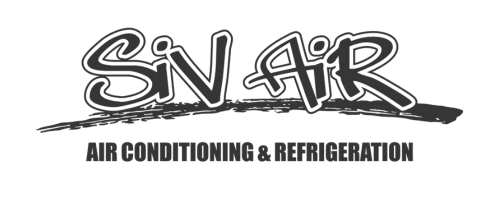How to Protect Your AC During a Storm
It never hurts to be prepared. This is especially true when it comes to protecting your air conditioning unit.
Your AC is a big investment, and it is important to take steps to protect it during a storm. Let’s first take a look at some of the important details about power surges and outages:
Power Surge vs. Power Outage
Let’s go into detail about a power surge vs. a power outage. Each of these can damage your electronics, but they are two very different things.
A power outage is when there isn’t any electricity flowing into your home. The problem could be something on your end, such as bad wiring or a break somewhere. However, most times this happens because there is a breakdown at the power station or something happened to the electric lines running to your house.
A power outage over a large area, such as a few streets or a whole town, is known as a blackout. There is also the brownout, which is when the power dips for a few moments. This will cause the lights to dim for a second or two.
The power surge is the opposite of a blackout or brownout. Instead of too little power coming in, there is too much. Most homes receive electrical power at 240 volts. So most electronics and appliances are manufactured to handle this amount of power.
Sometimes a much more powerful current gets sent through the power lines. This could be due to a lightning strike causing a sudden rise in power or a problem somewhere along the power line. When this happens, your home has much more power than the 230 volts that it can regulate and it can cause major issues.
The Power Surge Effect on Your Air Conditioner
A power surge could have a devastating effect on your air conditioning unit and end up costing you a lot of money.
Here’s how it happens:
Your air conditioning unit has capacitors inside of it. These control how much power the unit will get at any moment. They can only handle so much power and if they receive too much they will get overloaded and, ultimately, fried. Once they stop working, whatever they’re powering will stop working as well.
How to Protect Your Aircon Unit
Now that we know the extent of the danger to your aircon, let’s take a look at the steps you should take to ensure the safety of your unit:
Turn off Your Electricity
Make sure that you and other family members know where to access your electric circuit breaker and/or your AC Isolator. AC Isolators are normally mounted on the wall next to your outdoor unit. You’ll also want to understand how to shut off the electricity in your home in the case of violent storms. Label your circuit breakers so that you can tell which breakers are connected to which major appliances including your heating, ventilation, and air conditioning (HVAC).
Turning off the breaker/isolating your air conditioning units will help you protect the systems from electrical surges and damages.
Pre-Cool Your Home
If you feel like your power may go out during a storm, make sure to cool your house in advance so that you will be comfortable until the power comes back. Set your thermostat to a temperature that is cooler than usual, close your curtains and blinds, and keep all doors and windows shut to keep the cool air inside.
Ensure You Have Adequate Insurance
Some basic homeowners insurance will cover storm or cyclone damage. If you live in an area that is vulnerable to flooding or cyclones, ensure that you have suitable coverage for these situations. Having additional coverage will give you peace of mind that your expensive equipment is covered and can be easily replaced if need be.
Prepare Your Yard
This may seem like an odd measure, but making sure that all your trees are trimmed and yard items removed can help protect your air conditioning unit and your home as well. Remove anything that can be blown around and lead to damage in the case of high winds.
Cover the Condenser
In most situations, covering your air conditioning condenser outside is a bad idea. This is because the condenser needs free air circulation to operate efficiently. However, during a storm, temporarily placing a tarp over the condenser can help protect it from flying debris. Make sure to turn the system off before doing this.
When small items such as branches and leaves get caught inside the condenser, it can damage the motor and lead to other equipment malfunctions.
Check for Damage After Storm
Making sure to check for damage to your system before you turn your air back on is one of the most important steps. If flooding or debris has caused damage to the unit, turning the system back on could make the problem worse.
Strong storm winds can also cause disconnections within the AC unit. You will want to turn your AC unit on as soon as it seems safe. This will prevent mould and mildew from settling in.
Contact a Professional
The safest approach is to have an HVAC professional regularly come out to check your air conditioning system to make sure it is in good order. If you suffer storm damage, do not turn your unit back on until you have your unit inspected by an air conditioning professional.
Some storm damage may not be apparent and can cause more damage after the storm has passed. A thorough professional inspection will ensure that the unit is safe to turn on and will continue to work efficiently in the future.
At Siv Air, our team in Cairns stands ready to help you protect the investment you have made in your air conditioning system and keep your family safe and cool. Contact us today to learn more about how we can protect you with reliable air conditioning inspection, installation, cleaning, maintenance, and repair.
